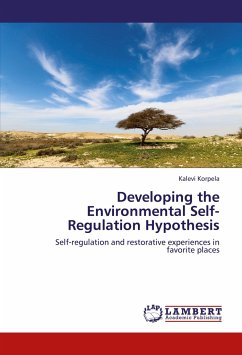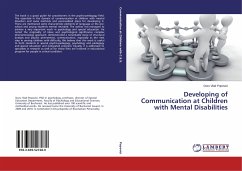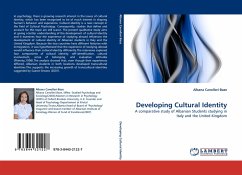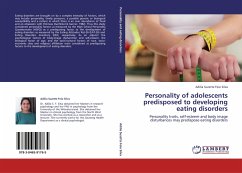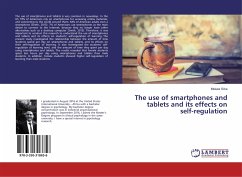This seminal work by Kalevi Korpela maintains that everyday favorite places can be used as environmental means of self-regulation and place-identity is a product of environmental self-regulation. The results of four separate studies indicated that adolescents use solitary favorite places in nature or at home to support self-regulation obeying the pleasure, unity and self-esteem principles and the striving for self-determination. Ways of ensuring that the place contributes to self-regulation - control, naming, humanization, personalization and fixing memory signs - were found. The four aspects of restorative experiences - fascination, extent, being away and compatibility - characterized university students' experiences in favorite places. Experiences in favorite places could furthermore be distinguished from unpleasant places in terms of compatibility. This supports the notion that favorite places are used to produce favorable influences on one's self-experience and emotions. In practice, the results might benefit psychologists when helping people to cope with threats to self-experience and design professionals when analyzing their personal favorite place experiences.
Bitte wählen Sie Ihr Anliegen aus.
Rechnungen
Retourenschein anfordern
Bestellstatus
Storno

